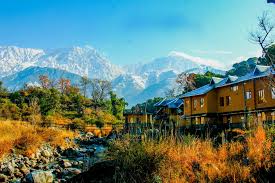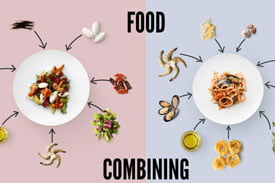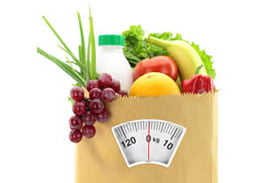From the time immemorial, eating a healthy and balanced diet is given utmost importance. The importance of food can be seen in Vedas and Upanishads also. In Taittiriya Upanishad, Ahara (food) is considered as brahma or supreme. In Ayurveda, Ahara is placed in one of the Traya Upasthambha, i.e. the three pillars of life. Detailed literature is available about different types of ahara, their qualities as well as rules to be followed while having food.

Prakriti means the natural quality present in the ahara. There are 20 aharagunas or qualities in food like laghu (light), guru (heavy), ushna (hot), sheeta (cold), etc. Different gunas have different effects on the doshas.

Processing food leads to changes in its inherent qualities. Some of the methods of processing are treating with water, heat, washing, churning, storing, maturing, preserving etc

Combination of two or more substances results in the manifestation of specific qualities, which are not present in individual substances.

It is of two types: Sarvagraha, the quantity of food taken in its entirety and parigraha, the quantity of each individual ingredient.

Three types of Desha are mentioned- Jangala (arid), Aanupa (humid), and Sadharan (normal). Diet should be consumed according to the climatic conditions of a place.

Kala is of two types: A) Nityaga (Daily and Seasonal): The status of Vata, Pitta, Kapha changes during the entire day as well as in different seasons. Accordingly, different types of food should be consumed. B) Aavasthik (Conditional): Food should be consumed according to specific disease conditions and age.

(Dietetic Rules): Depending on the status of digestion, certain rules should be followed like food should be taken only after clear belching, evacuation of bowels, presence of hunger and thirst, etc.

(One who takes food): The food that the person takes should be accustomed to the person.
Faulty eating habits due to the fast-paced modern lifestyle are the fountainhead of many diseases. Instead of having nutrients like protein, calcium, and folic acid rich food, people are running after high-calorie food that is low in essential nutrients and fibre. We at Sri Vaidya understand the needs of modern society. Many conditions like PCOS and obesity are managed largely by dietary modifications. Our highly skilled doctors provide customised diet plans for weight loss as well as for various ailments.
Rule of Eight
Ayurveda believes that no medicine is equivalent to food. Ahara or food is considered as prana (life). The following eight points should be taken into consideration while having food:
People are running after keto diet, vegan diet, low carb diet, and what not. But, Ayurveda believes that these fad diets are not right for everyone. Every individual has a different prakriti, which has to be analysed first to prescribe a diet plan. Nutrient loss while on various diets like keto and vegan are taken care of with alternative diets and supplements.
Many prevalent diseases are well managed with a proper diet. For example, in inflammatory conditions like seasonal allergies, dermatitis, urticaria, rhinitis, etc., anti-inflammatory diet with common household herbs like turmeric, ginger, black pepper, tulsi works wonderfully.
Our goal is to get on with the modern world while holding on to our traditional knowledge.
Copyright © 2016 – All Rights Reserved – Sri Vaidya Ayurveda.